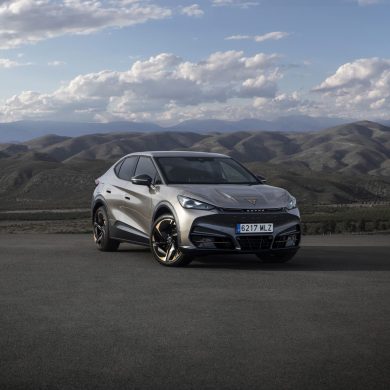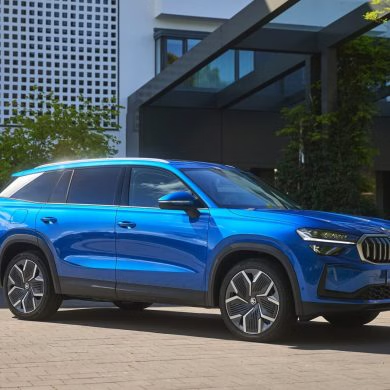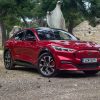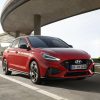Thierry Breton, Commissioner of the EU for the internal market and industry, again sounds the alarm about a European ban on sales of new petrol and diesel cars in 2035. Based on a document drafted by the Directorate General he heads, the Commissioner warns of major delays in the EU bloc on the road to zero-emission mobility. Speaking to Politico, Breton reiterated how the EU must make "the necessary adjustments to reach the 2035 targets" set by the Green Deal.
There is no magic wand
Therefore, the Commissioner, who has already called for a taboo-free and clear-headed approach to phasing out, reiterated his warning: "The Green Deal will not be achieved with a magic wand or an executive order from Brussels. All the conditions will have to be met." In this context, the Breton management prepared a document outlining five issues that confirm that Europe is not ready to take the big step towards electricity.
Problems
The first problem concerns the rate of adoption. The report states, for example, that "sales of new electric vehicles are growing, but will need to increase sevenfold by 2035 to meet expected demand". A second node relates to affordability: "Only six models are sold for under 30,000 euros, including three from China. From 1 January 2024, there will be no car with an average price below 20,000 euros, excluding incentives." A third barrier to the adoption of plug-in mobility is infrastructure: although growing, the network remains concentrated in a few countries ("61% of points are located in three EU countries"). Moreover, there is no data on how adequate the network itself is for the actual "recharging needs". The fourth problem relates to jobs and skills: the document highlights the 'recent decline' in the automotive workforce and the need to re-educate and retrain at least 700,000 workers by 2027. Finally, there is a passage on access to critical raw materials. So far, plans have been announced for giant factories capable of "meeting demand" and beyond, but "a rapid acceleration of manufacturing operations is required". On the anode and cathode production front, on the other hand, capacity is considered to be insufficient, with the risk that 'serious kits' in battery components could be supplied.
Chinese competition
In short, from within the European Commission itself comes a clear warning of the difficult path that the European institutions wish to take, despite the constant warnings of the entire industry. Among other things, Breton does not fail to return to the issue of Chinese competition, stressing that the Dragon is "gaining the upper hand". In this regard, the commissioner's document states that "electric cars manufactured in China are growing exponentially", as shown by the market share that has soared from 1% in 2021 to 20% in 2023, to 25% in the first half of 2023. "We cannot measure success towards emission-free mobility only by the number of Bev sold," concludes Breton. "And it is worrying that one in five electric cars sold in the EU last year were made in China."







